Mental Health Awareness and Support: Understanding the Importance
Mental health awareness and support have become crucial elements in our society. As mental health issues become more prevalent, understanding the significance of awareness and support is vital.
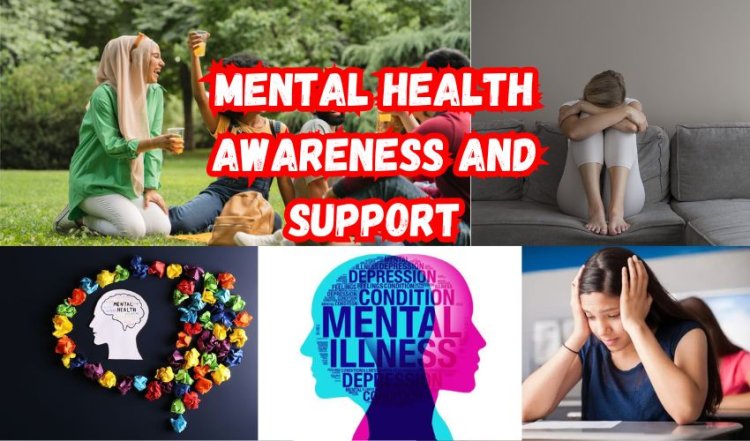
This article delves into various aspects of mental health, aiming to break the stigma, promote early intervention, and encourage open conversations about mental well-being.
The Importance of Mental Health Awareness

Mental health awareness is essential for several reasons. By raising awareness, we can break the stigma associated with mental health issues, promote early intervention, and encourage open conversations about mental well-being.
- Breaking the Stigma
Stigma surrounding mental health is a significant barrier to seeking help. Many individuals avoid discussing their mental health issues due to fear of judgment or discrimination. By increasing awareness, we can reduce the stigma and create an environment where people feel comfortable seeking help.
- Promoting Early Intervention
Early intervention can significantly improve the outcome for individuals with mental health issues. Awareness campaigns can help people recognize the early signs and symptoms of mental health disorders, leading to timely and effective treatment.
- Encouraging Open Conversations
Open conversations about mental health can lead to a better understanding and support system. When people feel free to talk about their mental health struggles, it fosters a supportive community where individuals can seek help without fear.
Common Mental Health Disorders
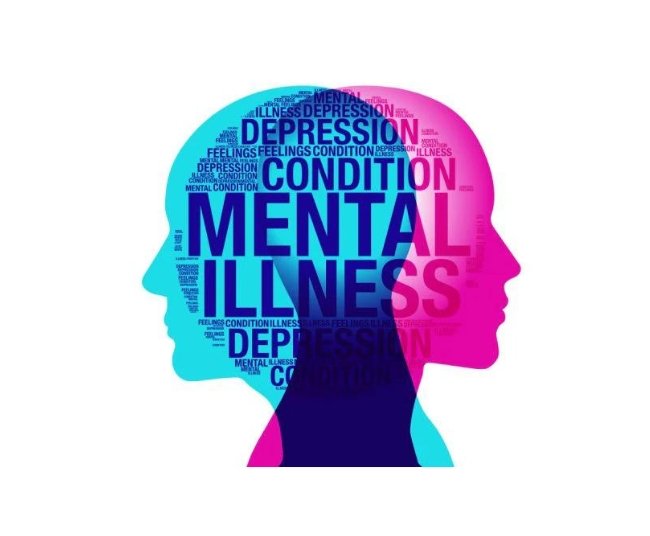
Understanding common mental health disorders is essential in recognizing and supporting those affected. Some prevalent mental health disorders include anxiety disorders, depression, bipolar disorder, and schizophrenia.
- Anxiety Disorders
Anxiety disorders are characterized by excessive fear or worry that can interfere with daily activities. Common types include generalized anxiety disorder, panic disorder, and social anxiety disorder.
- Depression
Depression is a mood disorder that causes persistent feelings of sadness and loss of interest. It can significantly impact daily functioning and quality of life.
- Bipolar Disorder
Bipolar disorder involves episodes of mood swings ranging from depressive lows to manic highs. It can affect a person’s energy, activity levels, and ability to function.
- Schizophrenia
Schizophrenia is a severe mental disorder characterized by distorted thinking, perceptions, emotions, and behavior. It often involves hallucinations and delusions.
Symptoms and Warning Signs
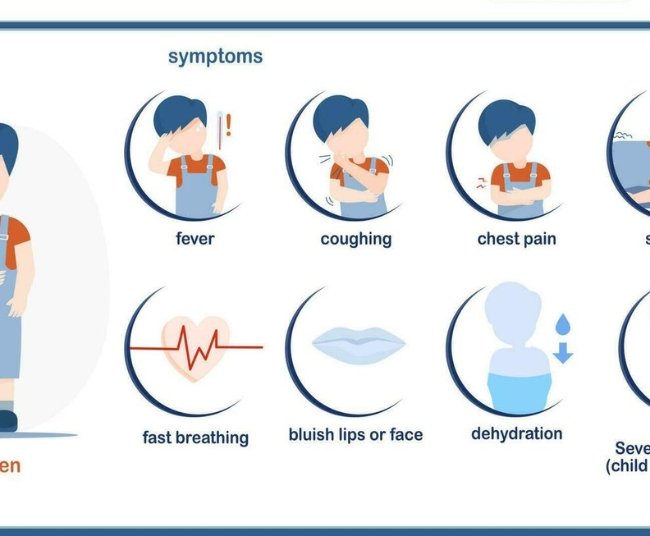
Recognizing the symptoms and warning signs of mental health issues is crucial for early intervention. These can include emotional changes, behavioral changes, and physical symptoms.
- Recognizing Emotional Changes
Emotional changes such as persistent sadness, irritability, or anxiety can be early indicators of a mental health issue. It's important to pay attention to these changes, especially if they last for an extended period.
- Behavioral Changes to Watch For
Behavioral changes like withdrawal from social activities, changes in eating or sleeping patterns, and difficulty concentrating can signal mental health concerns.
- Physical Symptoms
Physical symptoms such as unexplained aches and pains, fatigue, and changes in weight or appetite can also be associated with mental health disorders.
Causes of Mental Health Issues
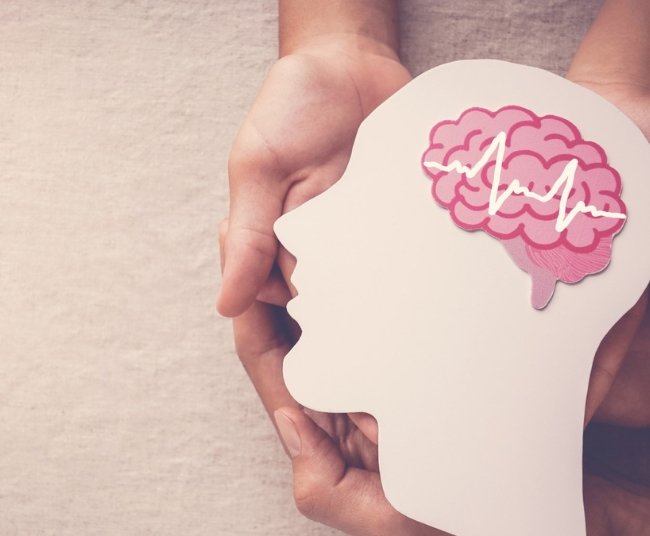
Mental health issues can arise from a combination of genetic, environmental, and psychological factors. Understanding these causes can help in addressing and managing mental health conditions effectively.
- Genetic Factors
Genetics can play a significant role in mental health. Individuals with a family history of mental health disorders may be more susceptible to developing similar conditions.
- Environmental Influences
Environmental factors such as trauma, stress, and exposure to violence or abuse can contribute to the development of mental health issues.
- Psychological Causes
Psychological factors, including personality traits and coping mechanisms, can influence an individual's mental health. Negative thought patterns and low self-esteem can exacerbate mental health problems.
Impact of Mental Health on Daily Life

Mental health issues can have a profound impact on various aspects of daily life, including relationships, work, and physical health.
- Effect on Relationships
Mental health issues can strain relationships with family, friends, and colleagues. It can lead to misunderstandings, conflicts, and a lack of support.
- Work and Productivity
Mental health problems can affect work performance and productivity. Individuals may struggle with concentration, decision-making, and maintaining consistent work quality.
- Physical Health Consequences
Poor mental health can have adverse effects on physical health. It can lead to conditions like heart disease, weakened immune system, and other chronic illnesses.
Mental Health in Different Demographics
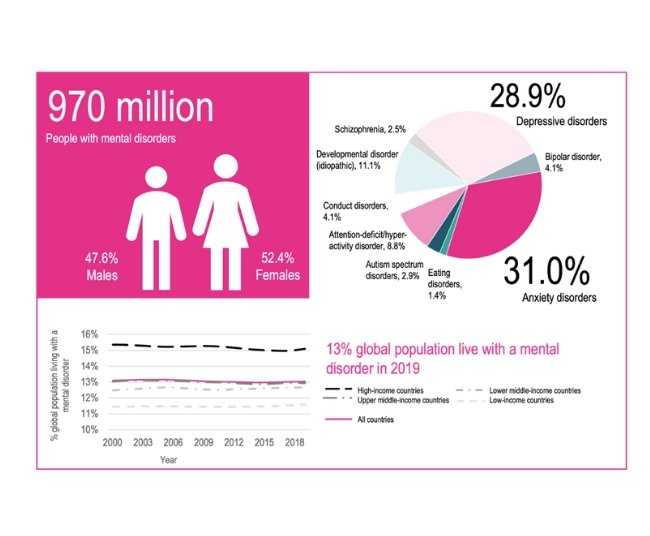
Mental health affects different demographics in unique ways. Understanding these differences is essential for providing effective support.
- Mental Health in Children
Children can experience mental health issues such as anxiety, depression, and behavioral disorders. Early intervention and support are crucial for their development.
- Adolescent Mental Health
Adolescents face unique challenges, including peer pressure, academic stress, and identity issues. Addressing their mental health needs can prevent long-term problems.
- Adult Mental Health
Adults may experience mental health issues due to work stress, relationship problems, and life transitions. Providing support and resources can help them manage these challenges.
- Senior Mental Health
Seniors may face mental health issues related to aging, such as loneliness, grief, and cognitive decline. Tailored support and interventions are essential for their well-being.
Role of Family and Friends in Mental Health Support

Family and friends play a crucial role in supporting individuals with mental health issues. They can provide emotional support, encourage professional help, and create a supportive environment.
- Providing Emotional Support
Being there for someone, listening without judgment, and offering empathy can make a significant difference in their mental health journey.
- Encouraging Professional Help
Encouraging loved ones to seek professional help can be vital. This includes helping them find a therapist, attending appointments, and providing ongoing support.
- Creating a Supportive Environment
Creating a supportive environment involves understanding the person's needs, reducing stressors, and fostering positive interactions.
Effective Strategies for Mental Health Support

There are various strategies to support mental health, including professional therapy, medication management, support groups, and self-help strategies.
- Professional Therapy and Counseling
Therapy and counseling can provide individuals with the tools to manage their mental health. Different types of therapy, such as cognitive-behavioral therapy and psychotherapy, can be effective.
- Medication Management
Medication can be an essential component of mental health treatment. It helps manage symptoms and improve overall well-being.
- Support Groups
Support groups offer a sense of community and shared experiences. They can provide emotional support and practical advice.
- Self-Help Strategies
Self-help strategies such as mindfulness, exercise, and journaling can enhance mental health and well-being.
Importance of Professional Help

Seeking professional help is crucial for managing mental health issues. Various mental health professionals can provide specialized support.
- Types of Mental Health Professionals
Mental health professionals include psychiatrists, psychologists, counselors, and social workers. Each plays a different role in providing care and support.
- When to Seek Professional Help
It's important to seek professional help when symptoms interfere with daily life, when there is a risk of harm, or when other interventions have not been effective.
- How to Find the Right Professional
Finding the right professional involves considering their qualifications, experience, and approach to treatment. It's essential to find someone you feel comfortable with.
Mental Health Resources and Services

There are numerous mental health resources and services available, including community services, online resources, and crisis intervention services.
- Community Mental Health Services
Community mental health services offer accessible support, including counseling, therapy, and crisis intervention.
- Online Resources
Online resources provide information, support, and tools for managing mental health. This includes websites, forums, and online therapy platforms.
- Crisis Intervention Services
Crisis intervention services offer immediate support for individuals in crisis. This includes hotlines, emergency services, and crisis centers.
Workplace Mental Health Awareness
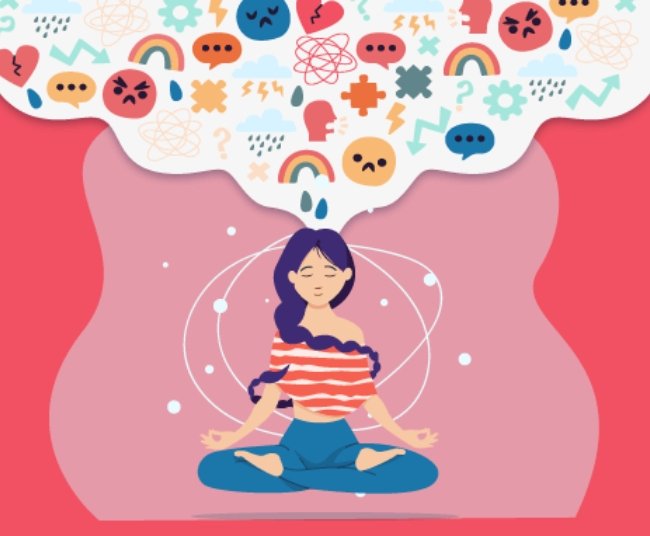
Creating a supportive work environment is essential for employee mental health. This includes implementing employee assistance programs and recognizing workplace stress.
- Creating a Supportive Work Environment
A supportive work environment includes promoting work-life balance, providing mental health resources, and fostering open communication.
- Employee Assistance Programs
Employee assistance programs (EAPs) offer support for mental health issues, including counseling, stress management, and crisis intervention.
- Recognizing Workplace Stress
Recognizing workplace stress involves identifying stressors, promoting healthy work habits, and providing support for employees.
Mental Health Awareness in Schools
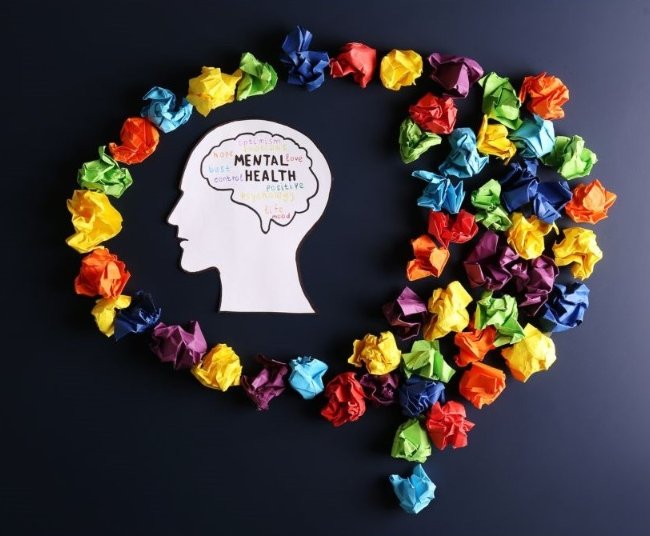
Schools play a crucial role in promoting mental health awareness. This includes implementing mental health programs, supporting educators, and fostering peer support initiatives.
- Implementing Mental Health Programs
Mental health programs in schools can provide education, support, and resources for students and staff.
- Role of Educators
Educators can support students' mental health by recognizing signs of distress, providing support, and connecting them with resources.
- Peer Support Initiatives
Peer support initiatives encourage students to support each other, fostering a positive and supportive school environment.
Government and Policy Initiatives

Government and policy initiatives are essential for promoting mental health awareness and support. This includes national policies, funding, and legislation.
- National Mental Health Policies
National mental health policies provide a framework for promoting mental health, preventing disorders, and providing care.
- Funding for Mental Health Programs
Adequate funding is crucial for developing and maintaining mental health programs and services.
- Legislation Impacting Mental Health Services
Legislation can impact access to mental health services, including insurance coverage, privacy laws, and mental health parity.
Technological Advances in Mental Health Support
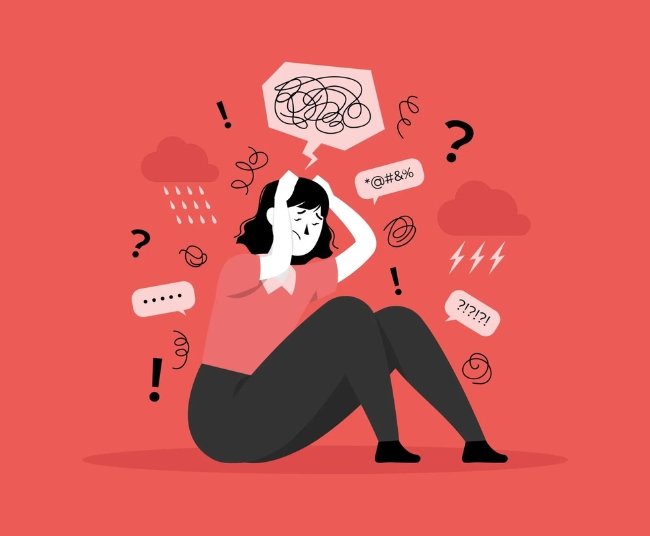
Technological advances offer new opportunities for mental health support, including telehealth services, mental health apps, and online therapy platforms.
- Telehealth Services
Telehealth services provide remote access to mental health care, increasing accessibility and convenience.
- Mental Health Apps
Mental health apps offer tools for managing mental health, including mood tracking, meditation, and therapy resources.
- Online Therapy Platforms
Online therapy platforms connect individuals with licensed therapists, providing convenient and accessible mental health support.
Mental Health and Social Media
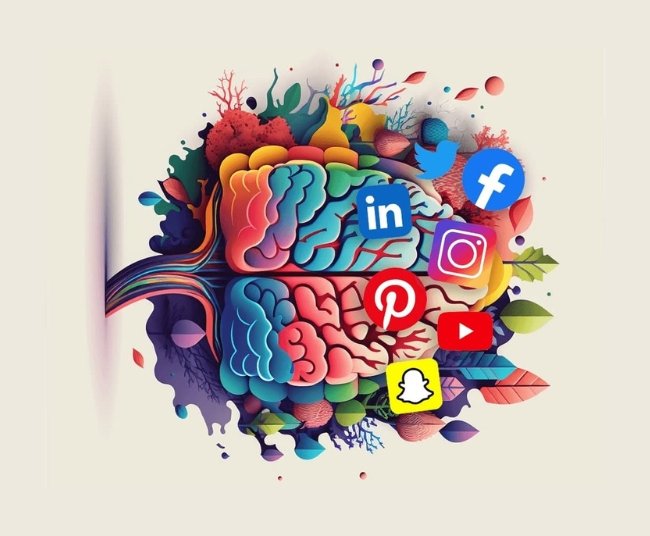
Social media has both positive and negative impacts on mental health. It can be used to raise awareness, but it's also important to manage its use effectively.
- Positive and Negative Impacts
Social media can provide support and raise awareness, but it can also contribute to stress, anxiety, and comparison.
- Using Social Media for Awareness
Using social media to promote mental health awareness can reach a wide audience and provide valuable information and support.
- Managing Social Media Use
Managing social media use involves setting boundaries, taking breaks, and focusing on positive interactions.
Self-Care and Mental Health
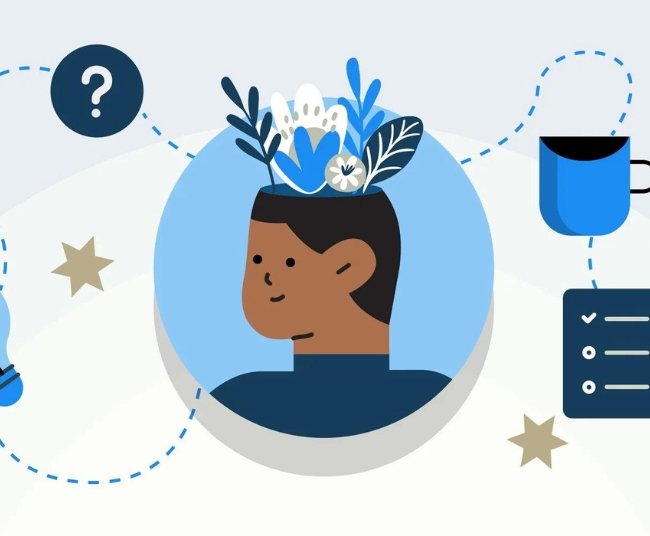
Self-care is essential for maintaining mental health. It involves practices that promote physical, emotional, and mental well-being.
- Importance of Self-Care
Self-care helps reduce stress, improve mood, and enhance overall health. It's essential for preventing burnout and maintaining balance.
- Self-Care Practices
Self-care practices include activities such as exercise, healthy eating, mindfulness, and hobbies.
- Creating a Self-Care Plan
A self-care plan involves identifying self-care activities, setting goals, and making time for self-care regularly.
Building Resilience and Coping Skills

Building resilience and coping skills is essential for managing stress and adversity. Techniques include mindfulness, effective coping mechanisms, and stress management strategies.
- Techniques to Build Resilience
Techniques to build resilience include developing a positive mindset, practicing gratitude, and fostering strong relationships.
- Effective Coping Mechanisms
Effective coping mechanisms include problem-solving, seeking support, and engaging in relaxation techniques.
- Stress Management Strategies
Stress management strategies include time management, exercise, and mindfulness practices.
Impact of Lifestyle on Mental Health

Lifestyle factors such as nutrition, exercise, and sleep can significantly impact mental health. Adopting a healthy lifestyle can enhance mental well-being.
- Nutrition and Mental Health
A balanced diet can improve mood and energy levels. Nutrients like omega-3 fatty acids, vitamins, and minerals play a role in brain health.
- Exercise and Mental Well-Being
Regular exercise can reduce symptoms of anxiety and depression. It promotes the release of endorphins, which improve mood.
- Sleep and Mental Health
Adequate sleep is essential for mental health. Poor sleep can contribute to mental health issues and affect overall well-being.
Mindfulness and Mental Health

Mindfulness practices can enhance mental health by promoting relaxation and reducing stress. Techniques include meditation, deep breathing, and mindful movement.
- Benefits of Mindfulness Practices
Mindfulness practices can reduce symptoms of anxiety and depression, improve focus, and enhance overall well-being.
- Mindfulness Techniques
Mindfulness techniques include meditation, deep breathing exercises, and mindful movement such as yoga or tai chi.
- Incorporating Mindfulness into Daily Life
Incorporating mindfulness into daily life involves setting aside time for practice, using mindfulness in daily activities, and developing a regular routine.
Mental Health and Substance Abuse
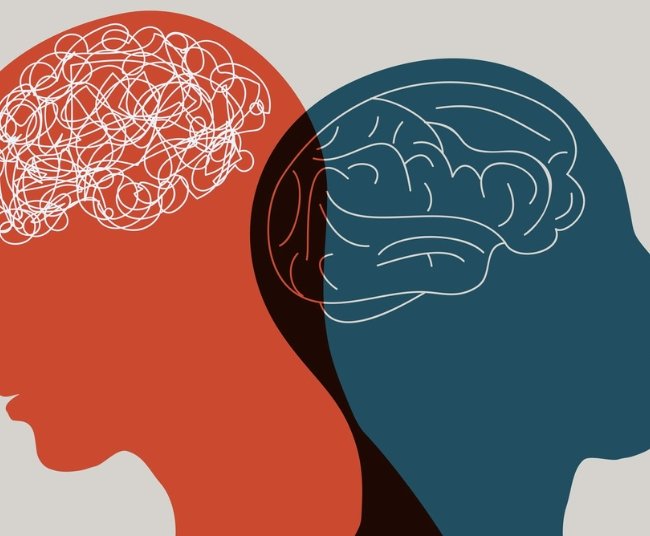
There is a strong connection between mental health and substance abuse. Addressing both issues is essential for effective treatment and recovery.
- Understanding the Connection
Mental health issues can lead to substance abuse as individuals try to cope with their symptoms. Conversely, substance abuse can exacerbate mental health problems.
- Addressing Substance Abuse
Addressing substance abuse involves seeking treatment, developing healthy coping mechanisms, and accessing support resources.
- Resources for Recovery
Resources for recovery include addiction treatment programs, support groups, and counseling services.
Success Stories and Personal Experiences

Sharing success stories and personal experiences can inspire others and provide hope. These stories highlight the importance of support systems and effective treatment.
- Inspiring Stories of Overcoming Mental Health Challenges
Inspiring stories of individuals overcoming mental health challenges can provide motivation and encouragement to others facing similar struggles.
- Personal Experiences Shared by Individuals
Personal experiences shared by individuals can offer insights into different coping strategies, treatment options, and support systems.
- Impact of Support Systems
Support systems play a crucial role in recovery. They provide emotional support, practical assistance, and a sense of community.
Future of Mental Health Awareness and Support
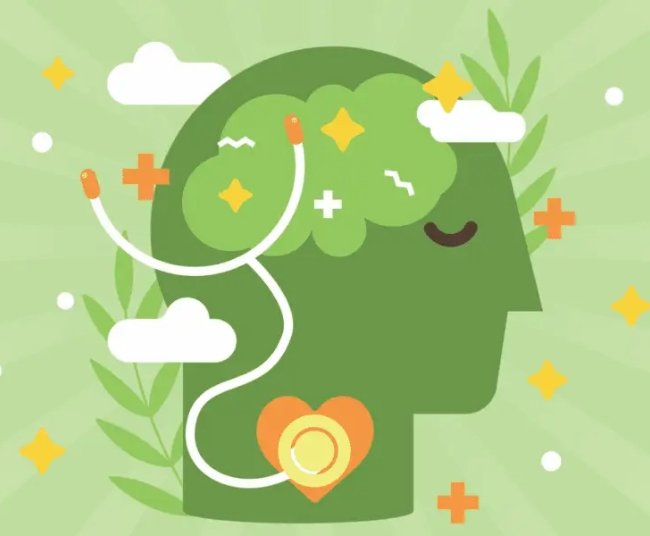
The future of mental health awareness and support involves emerging trends, innovative support methods, and a vision for global mental health awareness.
- Emerging Trends
Emerging trends in mental health include the use of technology, holistic approaches, and personalized treatment plans.
- Innovative Support Methods
Innovative support methods include teletherapy, mental health apps, and integrative care approaches.
- Vision for Global Mental Health Awareness
A vision for global mental health awareness includes reducing stigma, increasing access to care, and promoting mental health education worldwide.
Mental Health Support for Marginalized Communities
Marginalized communities often face unique challenges when it comes to mental health support. These communities may include racial and ethnic minorities, LGBTQ+ individuals, and people with disabilities. They often encounter systemic barriers to accessing mental health care, such as discrimination, lack of culturally competent providers, and socioeconomic disadvantages.
Addressing these issues requires targeted interventions that consider the specific needs and experiences of these groups. For example, culturally sensitive therapy practices and outreach programs that build trust within these communities can significantly improve mental health outcomes.
The Role of Diet in Mental Health
Nutrition plays a critical role in mental health. A well-balanced diet rich in essential nutrients can improve brain function and emotional well-being. Omega-3 fatty acids, found in fish and flaxseeds, are known to support brain health and reduce symptoms of depression. Antioxidants, present in fruits and vegetables, help protect the brain from oxidative stress.
Additionally, maintaining stable blood sugar levels by consuming complex carbohydrates and protein can prevent mood swings and anxiety. Educating individuals on the importance of a healthy diet can be a valuable component of mental health support strategies.
Exercise and Mental Health
Regular physical activity is a powerful tool for improving mental health. Exercise stimulates the production of endorphins, which are chemicals in the brain that act as natural painkillers and mood elevators. Activities like walking, running, yoga, and strength training can help reduce symptoms of anxiety and depression.
Exercise also improves sleep, enhances self-esteem, and provides a healthy outlet for stress. Encouraging individuals to incorporate regular physical activity into their routines can lead to significant improvements in their mental well-being.
The Impact of Sleep on Mental Health
Adequate sleep is essential for mental health. Poor sleep can exacerbate symptoms of anxiety, depression, and other mental health disorders. It can also impair cognitive functions such as memory, concentration, and decision-making.
Establishing a regular sleep schedule, creating a restful sleep environment, and avoiding stimulants like caffeine and electronics before bedtime can help improve sleep quality. Sleep hygiene education is a critical aspect of mental health care, emphasizing the importance of good sleep habits for overall well-being.
Mindfulness and Meditation
Mindfulness and meditation are effective practices for managing stress and improving mental health. Mindfulness involves paying attention to the present moment without judgment, which can help individuals gain perspective on their thoughts and emotions.
Meditation practices, such as deep breathing and guided imagery, can reduce stress, improve focus, and enhance emotional regulation. Incorporating mindfulness and meditation into daily routines can help individuals develop healthier ways to cope with life's challenges.
Mental Health First Aid
Mental Health First Aid (MHFA) is a training program that teaches individuals how to identify, understand, and respond to signs of mental health issues. Similar to physical first aid, MHFA provides the skills to help someone experiencing a mental health crisis until professional help is available.
The program covers common mental health disorders, crisis intervention, and self-care strategies. Increasing the number of trained MHFA responders in communities can create a supportive network for individuals experiencing mental health challenges.
Peer Support for Mental Health
Peer support involves individuals with similar experiences providing emotional and practical support to each other. Peer support groups create a safe space for sharing personal stories, discussing challenges, and offering encouragement.
This type of support can reduce feelings of isolation, build a sense of community, and enhance coping skills. Peer support programs, whether in person or online, are valuable resources for individuals managing mental health conditions.
Integrating Mental Health into Primary Care
Integrating mental health services into primary care can improve access to treatment and reduce the stigma associated with seeking help. Primary care providers are often the first point of contact for individuals with mental health concerns.
By incorporating mental health screenings, counseling, and referrals into routine medical visits, primary care practices can provide holistic care that addresses both physical and mental health needs. This integrated approach can lead to earlier detection and intervention for mental health issues.
Mental Health and Chronic Illness
Living with a chronic illness can significantly impact mental health. Conditions such as diabetes, heart disease, and chronic pain are often associated with higher rates of depression and anxiety. Managing a chronic illness requires ongoing medical care, lifestyle adjustments, and emotional resilience.
Providing mental health support for individuals with chronic illnesses can improve their overall quality of life. This support may include counseling, support groups, and education on coping strategies.
The Role of Art and Creativity in Mental Health
Engaging in creative activities can have therapeutic benefits for mental health. Art therapy, music therapy, and other creative outlets provide a means of expression and can help individuals process emotions, reduce stress, and improve self-esteem.
Participating in creative activities can also promote relaxation and mindfulness. Encouraging individuals to explore their creativity, whether through visual arts, writing, music, or other forms, can be a valuable component of mental health support.
Conclusion
In conclusion, mental health awareness and support are crucial for fostering a healthy society. Understanding the importance of mental health helps in reducing stigma, encouraging individuals to seek help, and promoting early intervention.
Comprehensive support systems, including accessible resources and compassionate care, are essential for improving mental well-being and ensuring that individuals can lead fulfilling lives. By prioritizing mental health, we contribute to the overall health and resilience of our communities.
FAQs on Mental Health Awareness and Support
Here are the frequently asked questions about Mental Health Awareness and Support:
1. What is mental health awareness?
Mental health awareness involves understanding and recognizing mental health issues, promoting open conversations, and reducing the stigma associated with mental health disorders.
2. Why is mental health support important?
Mental health support is crucial for helping individuals manage their conditions, improve their quality of life, and achieve overall well-being.
3. What are common signs of mental health issues?
Common signs include emotional changes (persistent sadness, anxiety), behavioral changes (withdrawal from activities, changes in eating or sleeping patterns), and physical symptoms (unexplained aches and pains, fatigue).
4. How can I support a loved one with a mental health issue?
Supporting a loved one involves providing emotional support, encouraging them to seek professional help, and creating a supportive environment.
5. What resources are available for mental health support?
Resources include community mental health services, online resources, crisis intervention services, and support groups.
6. How can I incorporate self-care into my daily routine?
Incorporating self-care involves identifying self-care activities that work for you, setting goals, and making time for these activities regularly.
What's Your Reaction?




















